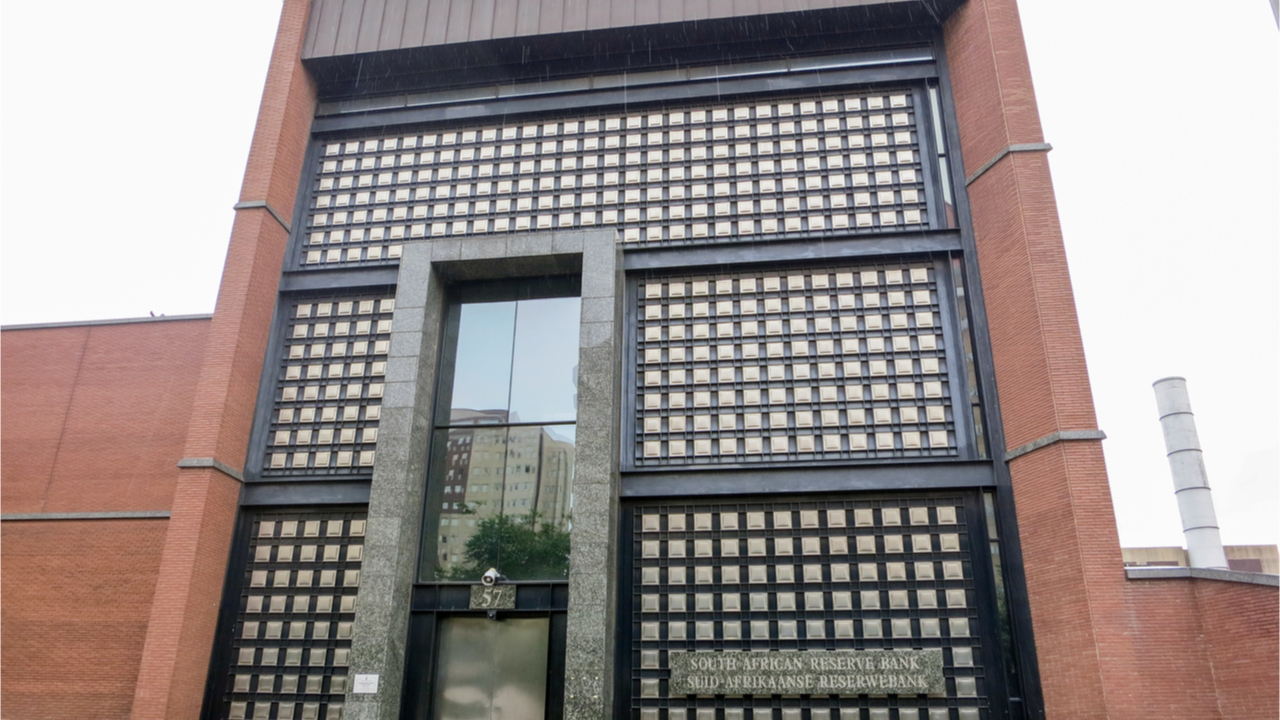The governor of the South African Reserve Bank (SARB), Lesetja Kganyago, has reiterated the central bank’s longstanding belief that cryptocurrencies like bitcoin are not currencies. According to Kganyago, crypto-assets, as he prefers to call them, are not currencies because they fail to meet the standard of what constitutes a currency.
Crypto and the Currency Test
In recent remarks to Mills Soko, a professor at a South African university, Kganyago asserts cryptocurrencies like bitcoin only partially meet one of the three key characteristics of a currency. Kganyago explained:
One, it must be a generally accepted medium of exchange. Secondly, it must be accepted as a store of value. And thirdly, it must be a unit of account. A cryptocurrency is a store of value. It is a medium of exchange but is not generally accepted. It’s only accepted by those who are participating in it.
However, despite adopting this stance toward cryptocurrencies, the SARB governor insists the central bank must still regulate these assets because “people go and invest in cryptos and when they lose money, they ask what government has done about it.”
Blockchain Technology Useful
Predictably, Kganyago, just like many of his peers, praises blockchain technology saying it “can be useful in many other respects.” The governor also reiterates that SARB, just like central banks around the world, is experimenting with blockchain technology.
When asked if the SARB plans to regulate fintech firms in the same way banks are regulated, Kganyago argued that if the activities of such companies start to resemble those of regulated entities, the central bank will have no option but to regulate. He said:
So, if you are a fintech firm, and you take deposits, we will regulate you like a deposit taker. If you are a fintech firm, and you do money transmission, we will regulate you like a payments provider. If you are a fintech firm, and you sell insurance policies, we will regulate you like an insurer.
Still, Kganyago claims that the SARB understands “the value that the fintech firms bring to the financial sector.” According to him, it is for this reason that the central bank has “created an innovation hub at the Reserve Bank.”
Do you agree with what Kganyago has said about cryptocurrencies? Tell us what you think in the comments section below.
Bitcoin News
Emerging Markets, Blockchain, Cryptocurrency, Fintech, Lesetja Kganyago, medium of exchange, Regulation, South African Reserve Bank (SARB), store of value

1% Deposit Bonus & Withdrawal Fees On Crypto Deposit in BuyUcoin
Read More

A Decade in the Making: US SEC Approves 11 Bitcoin ETFs, Igniting Market Enthusiasm
Read More

Will Bitcoin Price Increase 200% When Bitcoin ETF Is Approved?
Read More
10 Must-Have Features on Bitcoin Staking Site
Read More

Christmas in the cryptocurrency world arrives early as the pre-holiday crypto market heats up
Read More

